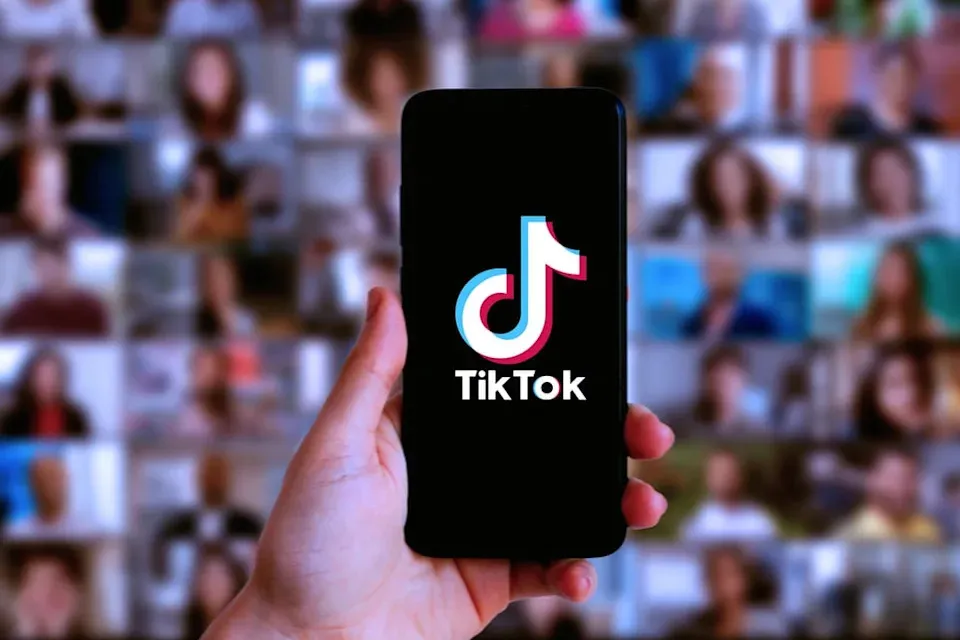NFT Art Teachers Demand Royalties for Teaching Blockchain to Interns
Introduction
In a bizarre twist of modern finance and education, NFT art instructors at several major fintech bootcamps have started demanding royalties for teaching blockchain fundamentals to interns. These instructors claim that every intern who profits from their knowledge should compensate them via a micro royalty fee embedded in smart contracts. The move has left HR departments scrambling to understand if learning about ERC-721 tokens now qualifies as a taxable intellectual property transaction. Social media has erupted with memes of interns reluctantly transferring tiny amounts of Ethereum to their instructors’ wallets just to submit homework on minting digital art.
The Rise of NFT Pedagogy
The trend began after NFT sales exploded, and educators realized their expertise could be monetized in perpetuity. One popular instructor, known online as “CryptoBrush,” has successfully integrated royalty smart contracts into lesson plans, ensuring that any intern using their curriculum for real-world NFT projects triggers automatic micropayments. The courses, ranging from pixel art to token economics, are now considered high-value assets. Analysts joke that this is the first time interns have had to budget for learning in the same way they budget for lunch or coffee. The phenomenon underscores a broader shift in how intellectual property and finance intersect in the era of blockchain.
Smart Contracts Meet HR Policies
HR departments are bewildered by the legal and operational implications. Can an internship stipend legally cover royalty payments? Are royalties taxable income? Some companies have begun issuing Ethereum allowances to interns just to comply with smart contract obligations. Meanwhile, legal teams are reviewing labor laws to determine whether blockchain-based royalty agreements constitute employee compensation. Reddit and Twitter exploded with threads questioning whether interns should now “HODL knowledge” like a crypto asset to avoid paying fees. The debate is part satire, part serious concern about how emerging technologies disrupt traditional employment norms.
Intern Reaction: HODLing or Panic Selling?
Interns have responded in a variety of ways. Some embrace the system as a practical lesson in blockchain mechanics, learning firsthand how royalties, smart contracts, and token economics work. Others are frantically liquidating microstakes in Ethereum just to meet royalty obligations, creating small but noticeable liquidity events across minor crypto markets. A TikTok trend titled “Pay Your Crypto Teachers or Fail Your NFT Class” has gone viral, showing interns dramatically sending tiny ETH amounts to instructors while narrating their financial panic. Social media commentary has dubbed it the “most practical crash course in crypto panic management” available.
Meme Culture and Financial Satire
The royalty craze has produced a wave of memes, blending traditional office satire with blockchain humor. Posts featuring interns with cartoon wallets, sweating over micro ETH transfers, compete with images of instructors lounging with oversized digital art collections labeled “Your Fees, My Gains.” Finance Twitter and TikTok audiences are amused, noting that the irony of paying to learn about decentralized finance perfectly encapsulates the absurdity of modern financial innovation. These memes serve both as entertainment and a commentary on the blurred lines between education, intellectual property, and financial speculation.
Impact on Learning Platforms and Blockchain Education
The royalty model has potential implications for education technology and blockchain curricula. Platforms offering NFT or crypto courses may adopt similar smart-contract-based payment mechanisms, incentivizing instructors while also teaching students about the mechanics of decentralized finance in real time. The model illustrates how blockchain can create a parallel economic ecosystem where knowledge itself becomes a tradable asset. Investors and educators alike are observing carefully, as this could redefine how skills and intellectual property are monetized in fintech and beyond.
Market and Cultural Implications
While the trend seems niche, it highlights larger shifts in financial culture. Interns are effectively participating in microtransactions that mirror real-world NFT markets, preparing them for careers in finance, blockchain, and tech. The approach also signals a generational shift: younger workers accept playful, decentralized, and slightly absurd mechanisms as part of professional life. For companies, integrating blockchain-based educational royalties could serve as both a recruitment gimmick and a serious demonstration of tech adoption. The phenomenon underscores the growing influence of meme culture and digital finance in workplace norms.
Lessons in Finance, Humor, and Innovation
The NFT royalty scenario offers practical and philosophical lessons. Interns learn financial discipline, risk assessment, and the importance of understanding smart contracts while having fun with memes and digital art. Instructors benefit from creating sustainable, passive income streams that reward expertise and creativity. The experiment demonstrates that in modern finance, humor, technology, and education can intersect, producing a quirky but highly educational ecosystem. Observers note that these lessons may be more memorable than traditional accounting lectures, proving that entertainment and learning are not mutually exclusive in the digital age.
Conclusion
As NFT art teachers collect royalties from interns, the experiment underscores a new frontier in finance, education, and meme culture. Knowledge is no longer just information; it can now be a programmable, tradable asset. Interns, initially panicked by small ETH payments, emerge with a deeper understanding of blockchain mechanics, smart contracts, and market behavior. Meanwhile, instructors leverage the decentralized economy to ensure long-term value for their expertise. The story of NFT royalties demonstrates that in a world increasingly influenced by memes, social media, and blockchain, learning itself has become an asset class. Future interns may soon approach professional development with wallets in hand, prepared to pay for education in Ethereum while laughing at the absurdity of it all.





Recent Comments